The Long Road to Justice for Sexual War Crimes
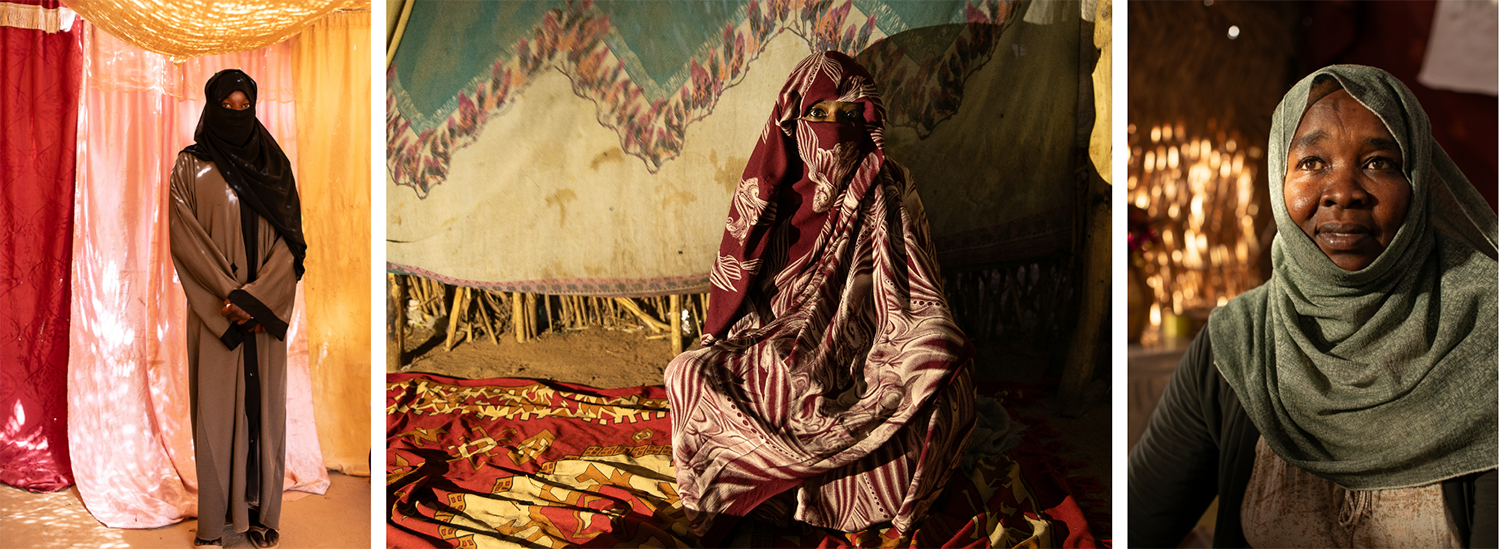
The Full Story
The Long Road to Justice for Sexual War Crimes
Sexual violence in Sudan is common. Accountability isn’t.
Left and center: Survivors of attacks carried out by the Rapid Support Forces in El Geneina, the capital of Sudan’s West Darfur state, photographed in April 2024 after fleeing to eastern Chad. Right: Zahra Khamis, who also survived the attacks on El Geneina, photographed at the women’s center she founded in Adré, eastern Chad, on April 22, 2024. Zoe Flood photos for Foreign Policy
ADRÉ, Chad—When the Rapid Support Forces (RSF) entered El Geneina, the capital of the Sudanese state of West Darfur, Sadia Adams’s* two brothers knew they had to hide. RSF fighters were systematically exterminating men from the Masalit ethnic group, and their best chance of survival was to disappear and reemerge once fighters from the rogue paramilitary force had departed.
“They found [my brothers] in different rooms,” Sadia said, speaking in a small makeshift shelter in the Adré refugee settlement in neighboring Chad. “They were pulled from underneath the bed. After one was shot, the other one was running for safety.”
ADRÉ, Chad—When the Rapid Support Forces (RSF) entered El Geneina, the capital of the Sudanese state of West Darfur, Sadia Adams’s* two brothers knew they had to hide. RSF fighters were systematically exterminating men from the Masalit ethnic group, and their best chance of survival was to disappear and reemerge once fighters from the rogue paramilitary force had departed.
“They found [my brothers] in different rooms,” Sadia said, speaking in a small makeshift shelter in the Adré refugee settlement in neighboring Chad. “They were pulled from underneath the bed. After one was shot, the other one was running for safety.”
Her brother bolted out the front door and was shot in the street. Despite being warned not to leave the home, Sadia ran after him. Six men, some with their faces covered, grabbed Sadia, dragged her into a nearby home, and raped her.
“I wasn’t even conscious. And I was bleeding,” said Sadia, the mother of five young boys.
Sadia was still in pain when she and her family reached Adré. There, she heard about a woman named Zahra Khamis. Zahra was known in the refugee community for running a women’s center, where she provided support for sexual violence survivors like Sadia. She was also collecting their stories—each one was a piece of evidence.
Sexual violence has become a long-standing hallmark of conflict in Sudan—during the 2003-2005 Darfur genocide, a fighting force called the Janjaweed, a precursor to the RSF, was accused of perpetrating widespread, ethnically motivated sexual violence against women from non-Arab communities. Today, non-Arab Sudanese women and girls, particularly those from the Masalit ethnic group, face the same terrors as their mothers and grandmothers before them.
Beyond Sudan, the rape of civilian women is an abiding feature throughout the history of conflict. Yet, despite widespread recognition today of sexual violence as an intentional tactic of war, justice for survivors remains an elusive concept. With the establishment of special U.N. tribunals in the 1990s and the International Criminal Court (ICC) in 2002, sexual violence is now a crime that can be investigated and prosecuted in the global space. But in practice, perpetrators are rarely prosecuted, much less convicted.
“In a relatively short period of time, international justice has come a really long way. The fact that people demand justice, expect justice, and are aware of this issue … is a really positive development overall,” said Sara Darehshori, a lawyer with decades of experience handling international sexual violence cases. “[What’s] horrible is that it’s still going on to such a wide extent, and that the prospect of justice is not a deterrent.”
Darehshori hopes this is slowly changing—all eyes in this space are on the trial of Ali Muhammad Ali Abd-Al-Rahman, a senior Janjaweed commander. Closing arguments in his case concluded in December last year, and a judgment is expected soon. If found guilty, he would become the first person to be convicted by the ICC of crimes, including sexual violence, in Darfur.
Khamis hosts fellow refugees and community leaders from El Geneina for tea at her new home in Adré on April 20, 2024.
Surrounded by a circle of refugee women at her new home in Adré, Zahra leans forward to serve each one a cup of steaming hot chai from her precious golden tea set. It was one of only a few things she managed to save during her escape from Sudan.
During the journey, Zahra’s father and 17-year-old son Farhar Rahman Abdallah were shot and killed. Tears stream down Zahra’s cheeks as she runs her fingers over a photograph on her phone of a sweet-faced young boy dressed in all-white traditional garb, looking into the camera with a shy smile.
Zahra is the type of woman who can’t sit still for long. Despite losing her son, her father, her community, and her home, she channeled her grief into a keen sense of purpose. She conducted outreach in the refugee camps, sending messages on the radio and via social media and establishing a gender-based violence hotline. As her reputation spread, more women and girls sought her out, and she set up a women’s center.
The women encircling Zahra sob in solidarity. All of them have stories of trauma and loss to share. Some also carry stories of brutal sexual violence. Zahra identifies a young woman standing nearby, carrying a plump infant cooing in her arms. That child was born from rape, Zahra explains.
#gallery-2 {
margin: auto;
}
#gallery-2 .gallery-item {
float: left;
margin-top: 10px;
text-align: center;
width: 100%;
}
#gallery-2 img {
border: 2px solid #cfcfcf;
}
#gallery-2 .gallery-caption {
margin-left: 0;
}
/* see gallery_shortcode() in wp-includes/media.php */
- Khamis cries while describing the killing of her son as the family fled Darfur, photographed in her new home in Adré on April 20, 2024.
- Right: Khamis displays a picture of her son, Farhar Rahman Abdallah, on her phone.
Since April 2023, Sudan’s army has been battling the RSF, which was once its own paramilitary fighting wing, for control of the country. The violence has killed up to 150,000 people by some estimates, injured tens of thousands more, and displaced more than 14 million Sudanese both within and beyond the country. And in the midst of the fighting, perpetrators from both sides of the conflict have been engaged in systemic acts of sexual violence that the head of a United Nations fact-finding mission recently described as “staggering” in scale, likely amounting to a war crime and a crime against humanity.
Women and girls have been raped mostly by the RSF and allied militia groups, but also by Sudanese army soldiers. Some have died as a result. Others were so brutally gang raped over multiple days that they sustained internal injuries. Some will never be able to have children again. Others are now carrying the children of their rapists.
The impediments to investigating rape during conflict are significant, and they can obstruct successful prosecutions in both local and international courts. For most survivors of conflict-related sexual violence in Sudan, justice remains elusive.
In Sudan, sexual violence survivors have little chance of accessing health care and psychosocial support. Both sides in the conflict have blocked aid for months, and parts of the country are now experiencing famine. Floods have wiped out shelters and brought disease. Hospitals have been bombed and looted.
The situation is only slightly better for those who escape. More than 765,000 Sudanese have fled to Chad, already one of the world’s poorest countries, since fighting broke out. Adré was once home to just 40,000 people. Today, more than five times as many people are camped out awaiting services and support. The town has little formal infrastructure, and aid agencies are overwhelmed and can barely keep up with the numbers of new arrivals. And with competing crises in Ukraine, Gaza, and elsewhere, Sudan is fighting for recognition and money from the international community.
Instead, community members like Zahra play an outsized role in providing support for survivors. She helps women find family members who became separated on the journey to Chad; has a team of social workers who provide mental health support; and connects women like Sadia to the global nonprofit Médecins Sans Frontières, one of the only health care organizations providing services to refugees in Adré.
But some of Zahra’s most important work is done in collaboration with a 41-year-old human rights lawyer named Khalid Abduljalil Ismail Sulemane. A refugee himself, Sulemane escaped Sudan after the RSF started murdering prominent lawyers, including four of his friends. Today in Chad, Sulemane works with Zahra to document the stories of rape survivors in detail, creating a record that could someday be used by international lawyers to prosecute perpetrators.
“We forward the cases to lawyers working with the ICC. That’s what we did in the [genocide] in 2003,” Sulemane said.
Documentation like this then forms the basis of cases brought forward by lawyers like Darehshori.
“That is really helpful,” Darehshori said. “It provides information that this was widespread and systematic. People’s memories aren’t necessarily great, so it’s a good road map for people to find witnesses. It’s a good way to show consistency later on if the person is ever called to testify.”
An aerial view of the arid landscape of eastern Chad in April 2024.
Lawyers like Darehshori are building on more than a century of efforts to hold perpetrators of sexual violence during conflict to account.
An early mention of accountability for wartime rape can be found in the Lieber Code, which was published in 1863 during the American Civil War and explicitly named rape as an act punishable by death. The 1907 Hague Conventions, some of the first multilateral treaties to codify the laws of war, did not use the word rape, but prohibited attacks on “family honour and rights,” a phrase interpreted to reference sexual violence.
The Nuremberg and Tokyo tribunals dealt with the atrocities of World War II and included evidence of rape and sexual violence in broader prosecutions for crimes against humanity and war crimes. The Fourth Geneva Convention, adopted in 1949 to govern the protection of civilians in war, explicitly protected women from “rape, enforced prostitution and any form of indecent assault.”
In the 1990s, the U.N. established special tribunals to deal with atrocities—including widespread sexual violence—in the former Yugoslavia and Rwanda. The Yugoslavia tribunal was among the first international war crimes trials involving explicit charges of sexual violence. In 1993, the team of international medical experts dispatched to investigate those crimes found evidence that rape had been used as an ethnic-cleansing instrument and that people in power had made no efforts to prevent those abuses. This is widely regarded as a significant milestone in the fight for justice for sexual violence survivors.
In September 1998, the tribunal established in Rwanda found former Mayor Jean-Paul Akayesu guilty of nine counts of genocide, crimes against humanity, and war crimes. The groundbreaking verdict marked “the first time an international court … punished sexual violence in a civil war; and the first time that rape was found to be an act of genocide to destroy a group.”
In 2002, the Rome Statute treaty created the ICC, which originally established three core international crimes—genocide, crimes against humanity, and war crimes—that were exempt from any statute of limitations. Within the ICC, rape generally falls under crimes against humanity and war crimes.
The tribunals and the creation of the ICC helped transform how the world perceived crimes of sexual violence committed during conflict. The era of 24-7 cable news meant that conflicts in the Balkans were widely broadcast to a global audience. The changing media landscape brought increased attention to crimes of sexual violence committed during conflict, said Patricia Viseur Sellers, the former special advisor for slavery crimes, and the former special advisor for gender to the prosecutor of the International Criminal Court.
Changing attitudes toward sexual assault globally also played a major role, said Sellers, who played a key role in the Yugoslavia and Rwanda tribunals.
“During the past 20 and 30 years, there had been more national prosecutions of sexual violence,” Sellers said. “Rape shield laws from the U.S. were lifted in the ’70s and ’80s. There was a change in certain quarters about women, feminism, and that rape was sexual violence, and there were no more jokes about ‘relax and enjoy.’” As attitudes about sexual violence changed domestically, views on rape committed during wartime changed globally as well.
“[It] went from being viewed as just something that was an unfortunate part of war to being something that is definitely viewed as a tactic of war,” Darehshori said, adding that today’s investigators are better trained to recognize signs of abuse and conduct trauma-informed interviews.
Newly arrived refugees—many of them women and children—gather just across the border in eastern Chad in April 2024, after fleeing attacks in Darfur.
But investigating rape and sexual violence is a Herculean task littered with obstacles.
During an ongoing conflict with hostile parties, it’s difficult for international investigators to gain access to an area to conduct interviews and collect evidence. Even if they do get access, they then need to gain the trust of the communities in order to encourage women and girls to come forward and share their stories. Even if they manage to gain that trust, most survivors are unable to identify the perpetrators by name. And then, of course, there’s rarely physical evidence that can prove that a rapist committed the crime.
Then comes the challenge of arrest warrants. After gathering evidence and identifying a suspect, the ICC prosecutor can request ICC judges to issue either a summons to appear, in which the suspect appears voluntarily, or an arrest warrant. Because there is no global police force to enforce the warrants, the ICC relies on countries to make arrests and transfer suspects to the Hague.
This can prove problematic in cases like that of Omar al-Bashir, Sudan’s longtime dictator who presided over the first genocide in Sudan and who has been charged with counts of genocide, war crimes, and crimes against humanity, including rape. Even after Bashir was ousted by the military in 2019 and placed under arrest, he was not extradited. He is still at large today.
Over the past few decades, survivors and experts have increasingly called for sexual violence to be prioritized when it comes to accountability for violations of international humanitarian law, explained Belkis Wille, an associate director in the Crisis, Conflict and Arms Division at Human Rights Watch.
“Yet, despite these efforts, we still see a failure across almost all contexts of conflict to take seriously, investigate seriously, and adequately prosecute these crimes,” she added.
The ICC also faces politically charged attacks that threaten to undermine its legitimacy. In February, U.S. President Donald Trump condemned the court for engaging in “in illegitimate and baseless actions targeting America and our close ally Israel.” Earlier this month, Hungary withdrew from the ICC during a state visit by Israeli leader Benjamin Netanyahu to the country.
There are other options beyond the ICC, Sellers said. During peacetime, international crimes in countries with appropriate penal codes can be tried in national courts. Another option is “universal jurisdiction,” which allows states or international organizations to prosecute individuals for serious crimes against international law, regardless of where the crime occurred or where the accused is from or currently lives.
A third pathway for justice can occur when countries or regions agree to set up ad hoc tribunals to prosecute crimes. Efforts are already underway for this type of national justice in Bosnia and Herzegovina, Guatemala, and Colombia. Sellers believes this approach needs to be developed further because the ICC doesn’t have jurisdiction everywhere and only takes a small number of cases.
The sun sets over the Adré transit camp in April 2024.
There have already been calls for an international tribunal on Sudan, similar to those in Rwanda and the former Yugoslavia. In the meantime, civil society actors and activists like Zahra and Sulemane are working relentlessly to gather and preserve evidence to bring forward legal cases in the future, if possible.
While the task feels thankless, there are some green shoots on the horizon. In September, the U.N.’s fact-finding mission recommended the deployment of an independent and impartial force with a mandate to protect civilians in Sudan. It also called for the expansion of the jurisdiction of the ICC to cover the entire territory of Sudan and the establishment of a separate international judicial mechanism to work with the ICC, as well as a truth commission and a victim support and reparations office.
In the meantime, Zahra continues her work to heal survivors and help them move forward with their new lives in Chad.
“Sexual assault was used as a weapon to destroy our community. Because it is something you cannot forget,” she said. “Any time you see a child who is a result of the violence, then you remember what happened.”
*Sadia’s name has been changed in this story to protect her privacy.
This reporting was supported by the International Women’s Media Foundation. Zoe Flood and Aboubakar Nour contributed to this report.
Neha Wadekar is a Nairobi-based journalist.
More from Foreign Policy
-

American flags are draped around tables and pipes in a small factory room as women work at sewing machines to produce them. Tariffs Can Actually Work—if Only Trump Understood How
Smart trade policy could help restore jobs, but the president’s carpet-bomb approach portends disaster.
-

Donald Trump looks up as he sits beside China’s President Xi Jinping during a tour of the Forbidden City in Beijing on Nov. 8, 2017. Asia Is Getting Dangerously Unbalanced
The Trump administration continues to create headlines, but the real story may be elsewhere.
-

Trump announces tariffs Trump’s Wanton Tariffs Will Shatter the World Economy
Economic warfare is also a test for U.S. democracy.
-

The Department of Education building in Washington, DC on March 24. Why Republicans Hate the Education Department
Broad popular support means that even Ronald Reagan failed at dismantling the agency.


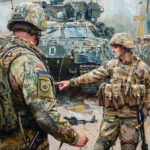
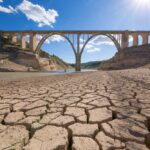








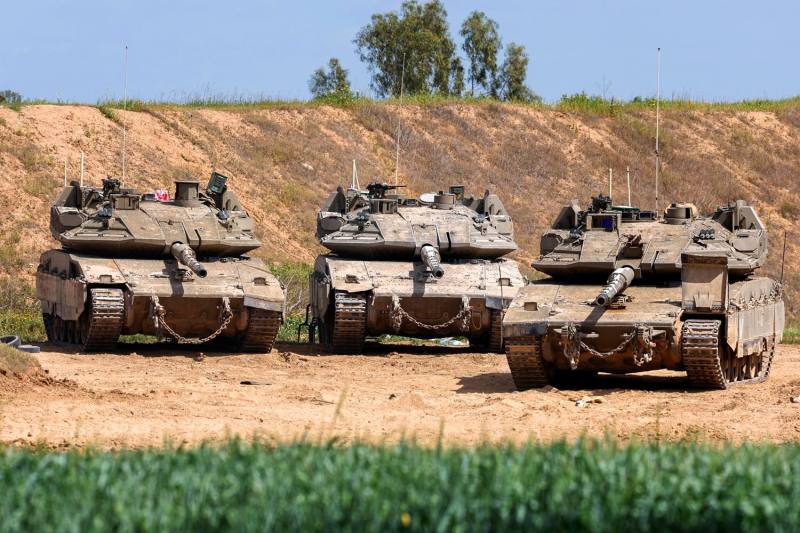

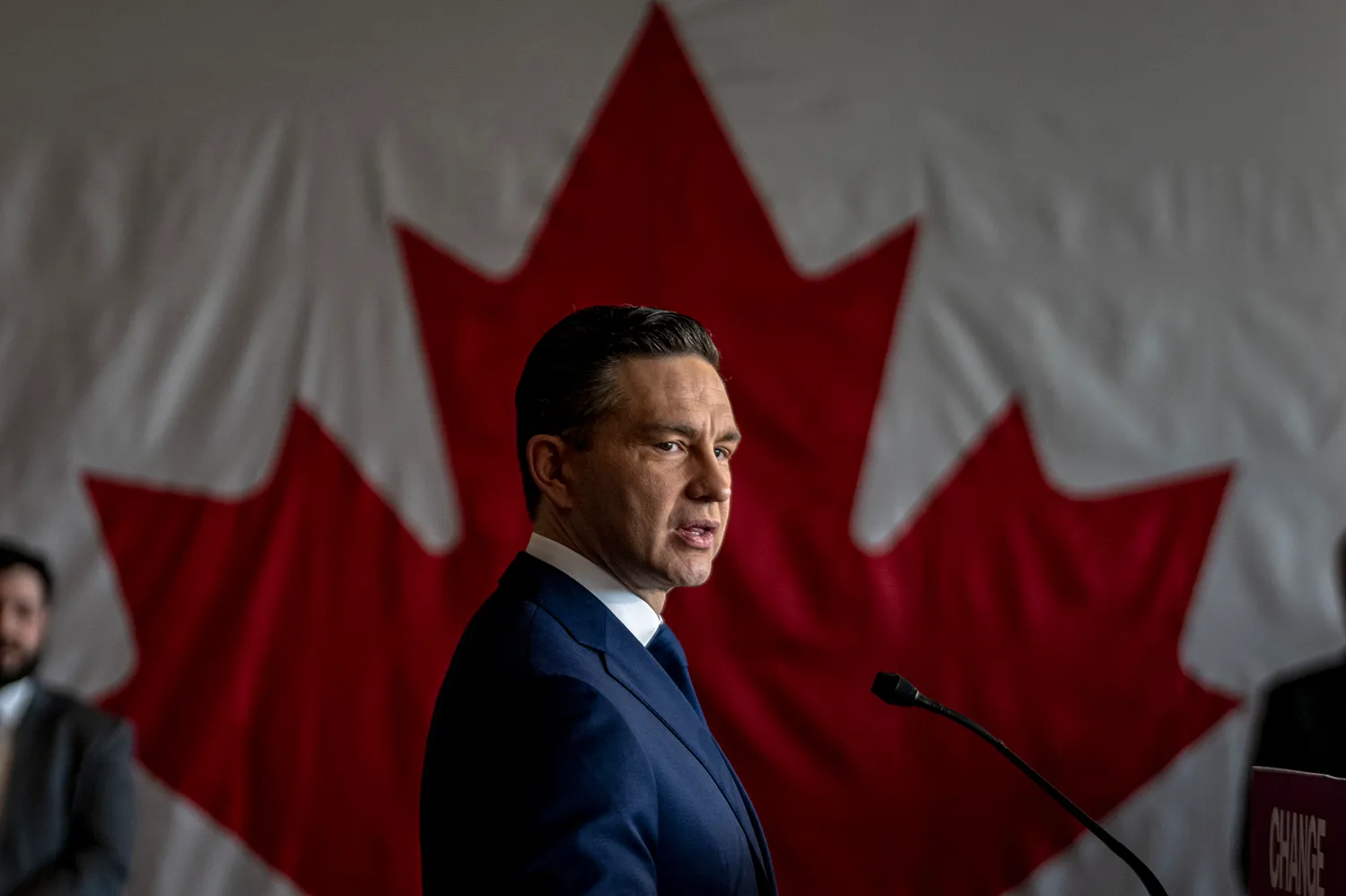

Join the Conversation
Commenting on this and other recent articles is just one benefit of a Foreign Policy subscription.
Already a subscriber?
.
Subscribe
Subscribe
View Comments
Join the Conversation
Join the conversation on this and other recent Foreign Policy articles when you subscribe now.
Subscribe
Subscribe
Not your account?
View Comments
Join the Conversation
Please follow our comment guidelines, stay on topic, and be civil, courteous, and respectful of others’ beliefs.
Change your username |
Log out
Change your username:
CANCEL
Confirm your username to get started.
The default username below has been generated using the first name and last initial on your FP subscriber account. Usernames may be updated at any time and must not contain inappropriate or offensive language.